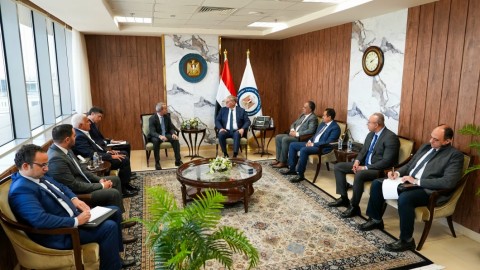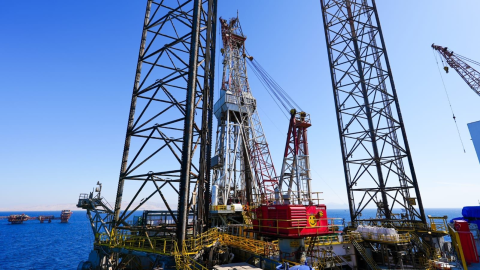Egypt Oil & Gas was able to obtain maps, and financial details regarding the Zohr discovery.
Eni’s discovery is believed to be made ahead of schedule, as the agreement grants the company the right of discovery utilizing seismic studies within 2 years, on condition that the discovery is announced after the allotted period.
The foreign partner is also obliged to spend $30m, during the first stage on exploration, another $60m during the second phase on development, and another $60m in the final phase. Noting that total investment in the Shorouk block by August 2015 was estimated at $107m
The agreement also provided that the foreign company submits a letter of credit for an amount not less than $ 60m during the second exploration phase, which begins no later than July 2017, with another $ 60m in case the exploration period extends for two more years.
Eni will receive 40 % for cost recovery, while the remaining 60% will be divided 69% and 31%, between EGAS and Eni, respectively. Once Eni recovers all incurred cost, EGAS’s percentage will move to 40% of total production.
The seismic data shows that Zohr is a lower-middle Miocene carbonate buildup, potentially charged by Biogenic gas from Tertiary source rock and sealed by Messinian Evaporitic complex (Rosetta Formation).
While the seismic data shows that a supergiant biogenic gas accumulation in Miocenic reef complex extending in excess of 100 sqkm in the deepwater of the Nile Delta, reaching the border of the Cypriot Economic Zone, namely Bock 11, the data also proves that the whole gas accumulation is within the Egyptian Economic Zone.














